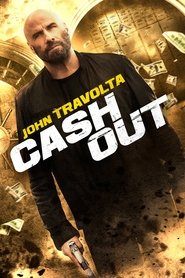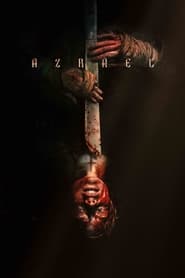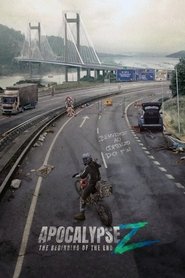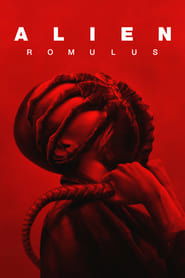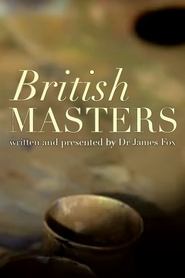
British Masters - Season 1 Episode 2 In Search of England
The inter-war years were a period of alarming national change. With a generation of youth lost to the trenches and the cracks in the Empire growing fast, the nation's confidence was in tatters. If we were no longer a mighty Imperial power, what were we? John Nash's mesmerising visions of rural arcadia, Stanley Spencer's glimpses of everyday divinity, Alfred Munnings' prelapsarian nostalgia, Paul Nash's timeless mysticism, John Piper's crumbling ruins, even William Coldstream's blunt celebration of working-class life - all, in their own way, were attempts to answer this question. And, as a reprise of war grew ever more likely, they struggled more urgently than ever to create an image of Britain we could fight for.
- Title: British Masters
- Year: 2011
- Genre: Documentary
- Country:
- Studio: BBC Four
- Director:
- Cast: James Fox
- Crew:
- Keyword:
- Runtime: 48 minutes
- IMDb: 0.00 / 10 by 0 users
- Popularity: 0.182
- First Air Date: Jul 11, 2011
- Last Air date: Jul 25, 2011
- Season: 1 Season
- Episode: 3 Episode
- Language: English
 Apple TV
Apple TV Google Play Movies
Google Play Movies Fandango At Home
Fandango At Home Netflix
Netflix Amazon Prime Video
Amazon Prime Video Amazon Video
Amazon Video MUBI
MUBI







